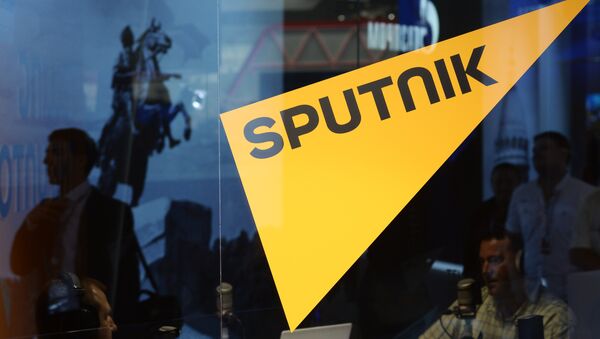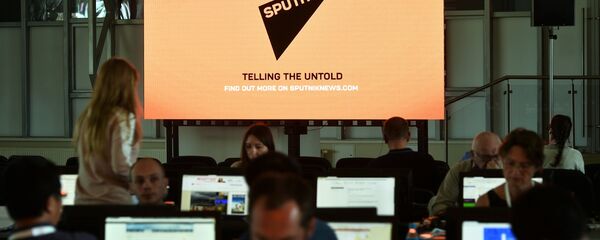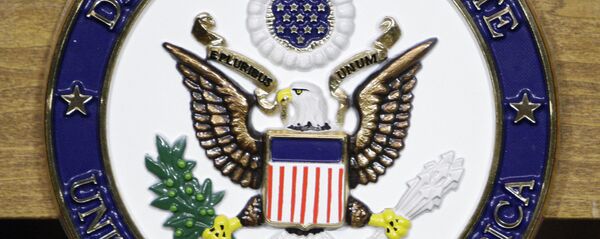On Monday, anonymous sources told Yahoo News that the FBI had questioned Feinberg, and is studying his Sputnik work correspondence, as well as that of Joseph John Fionda, another former employee of the agency's Washington bureau. These efforts are part of a probe to determine whether Sputnik should be included on the list of foreign agents under the US Foreign Agents Registration Act (FARA), and sanctioned accordingly.
Asked to comment on the brewing scandal involving the FBI and Congress on one hand and Russian foreign news broadcasters on the other, Dr. James Petras, respected sociologist, author and activist, said that he believes the Sputnik inquiry is simply another chapter in the US political elite's efforts to harm Russia-US relations.
"It's part of the attempt to harm Russian-US relations – there's no question about it," Petras said. "There is a paranoia that runs through Washington these days that discovers plots and conspiracy, beginning sometime back [from] the time of the election of President Trump."
As for the charges alleging that Sputnik may be a 'foreign agent', 'illegally' influencing the US political process, Petras stressed that there is simply "no basis" for this an claim. "There is no basis for saying that Sputnik intervened in or is prejudicing elections. They're publishing information. All countries in the world are always engaged in presenting news from whatever slant they want, and nobody considers that a point of intervention."
Accordingly, Petras said he believed that this attack on Sputnik "is part of an effort to break relations with Russia. I think the intervention in the consulate is an unprecedented violation of international law." Along with the new, recently approved sanctions, the Sputnik inquiry is really just "part of an effort building up toward a break in diplomatic relations… This is part of a turn in US foreign policy which stems from a war in Washington between the pro- and anti-Trump people."
The academic noted that the Democratic Party, in particular, appeared "willing to sacrifice major diplomatic ties in order to isolate and oust President Trump. It has very little to do with Russian foreign policy, and everything to do with the civil war going on in Washington between Trump and anti-Trump forces," he said.
Asked to comment on the Andrew Feinberg inquiry, and specifically the editorial approach said to influence Sputnik's content, Petras suggested that the allegations were frankly "laughable" compared to those found in US mainstream media.
"I think the propaganda message from the Washington Post, in particular, reflects a point of view which essentially is pointing to a conspiracy theory of politics," the scholar said. "It slants the news according to the desires of the most extreme elements of the deep state in the United States. You read the Washington Post and it's almost as if you're reading bulletins from the CIA, the Pentagon or the State Department. It has no independence, and I think it's laughable to accuse Sputnik of what the US press does."
"I think the point of view that we hear in the [mainstream] media has alienated a great many listeners, and I think part of the 'problem' is that Sputnik and RT are picking up listeners in the United States and Europe, the observer noted.
"I think the competition is something the US media is not used to, and the fact that they have tried to monopolize the media with their particular political message has a lot to do with the smear on the [Russian outlets]. Even if the investigation reveals nothing, the propaganda is that they [were] subject to investigation. I think it's a form of intimidation…I think it's a war against the free media, not only out of Russia but elsewhere," Petras warned.
"I think this is the key," he said. "Under Putin, Russia is an independent country; it develops ties with allies. It has expanded its relations with China, Iran and other countries. I think the wish of the State Department and the mass media is to return to the period of Yeltsin, when Russia was converted into a helpless satellite of the United States. They cannot accept the fact that after 2000, Russia has returned to assuming an important role in the world economy, and has the independence to engage in relationships outside the orbit of the US."





